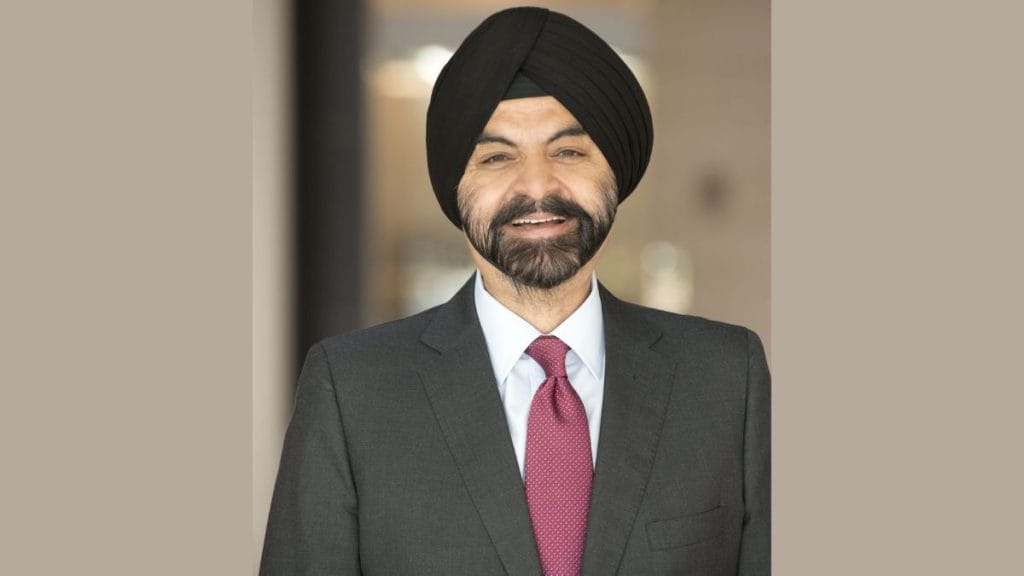New Delhi: Ajay Banga was announced as the new President of the World Bank, succeeding David Malpass. Banga, who was previously the CEO of Mastercard, brings a wealth of experience in the financial industry to his new role.
Banga began his career at Nestlé and then spent 13 years at Citigroup, where he rose to the position of CEO of Citigroup Asia Pacific. In 2009, he became the CEO of Mastercard, where he transformed the company into a global technology leader, expanding its reach into new markets and pioneering innovative digital payment solutions.
As the new President of the World Bank, Banga faces a range of challenges, including addressing the ongoing COVID-19 pandemic, promoting economic development in low-income countries, and tackling climate change. He has already stated that he plans to prioritize these issues, emphasizing that “the World Bank’s mission to reduce poverty and promote shared prosperity has never been more important than it is today.”
One of Banga’s key strengths is his ability to bring together diverse groups of stakeholders to achieve common goals. This skill will be valuable as the World Bank works with governments, NGOs, and other partners to implement its development programs. He has also shown a strong commitment to social and environmental issues and is likely to prioritize sustainable development and climate action in his agenda as President.
Banga’s appointment has been generally well-received, with many in the international community seeing him as a strong leader with the vision and experience to guide the World Bank towards a more equitable and sustainable future. However, he has also faced criticism, particularly from those who question his ties to the financial industry and his commitment to addressing issues of inequality.
Overall, the appointment of Ajay Banga as President of the World Bank marks an exciting new chapter for the organization and one that has the potential to make a significant impact on the lives of millions of people around the world. Banga’s leadership and vision will be crucial in guiding the World Bank towards a more just and sustainable future.





